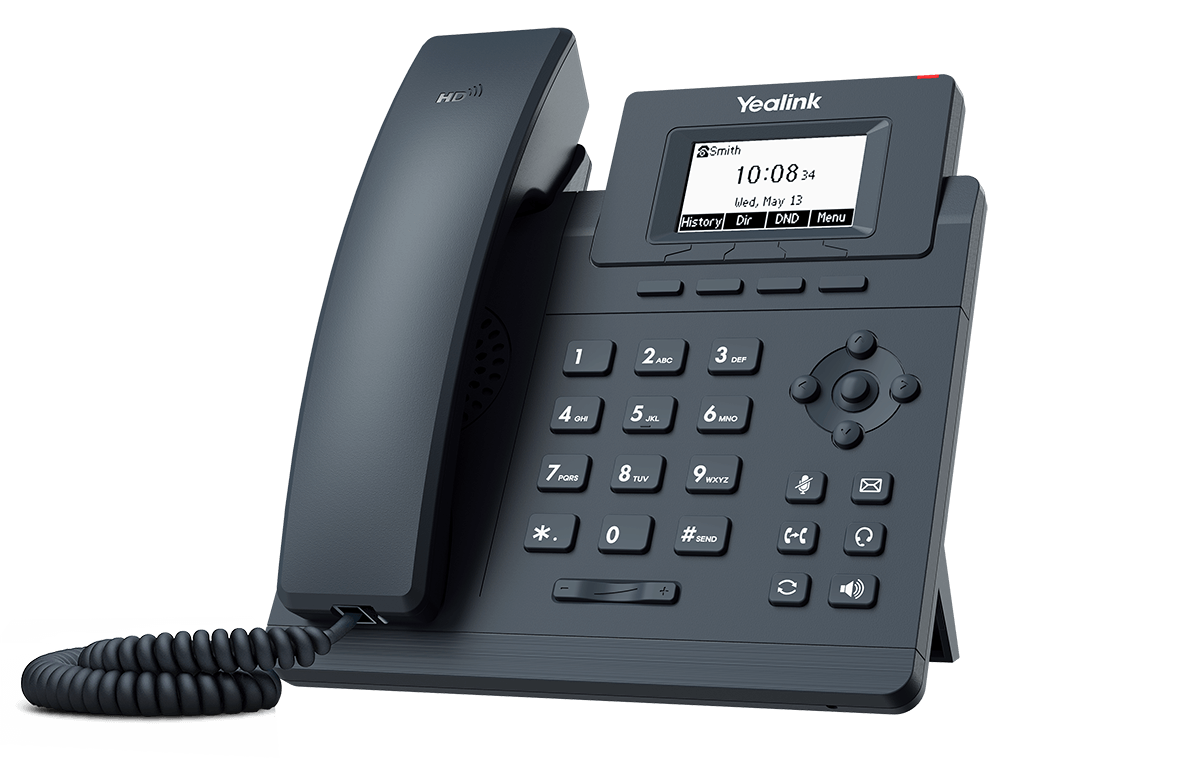
The Covid-19 pandemic has accelerated the use of and familiarity with Teams, with it fast becoming the preferred communication and collaboration tool in the University.
Teams Calling extends the functionality of Teams by adding the ability to make and receive external calls using an integrated dial pad

The Covid-19 pandemic has accelerated the use of and familiarity with Teams, with it fast becoming the preferred communication and collaboration tool in the University.
Providing a unified, modern and flexible phone service

Keith Zimmerman, Chief Operating Officer
I'm delighted with the University's progress in its move to Teams Calling. The pandemic required us to dramatically adapt the way we work, and Teams helped us to stay connected. As we continue to evolve our ways of working, we require greater flexibility, to strengthen our connections and collaboration. In a further exciting development, we will shortly be rolling out the ability to make and receive calls from anywhere, on any device, benefiting us all, and is an exciting progression for the University.
In 2019 the University approved a strategic recommendation to adopt Microsoft Teams as its preferred phone system. A significant driver for this is the ability for staff to work in a hybrid way, from any device, in any location. In addition, we have some very old phone systems, which are no longer fit for purpose and need to be replaced.
How to use the Calling feature on Microsoft Teams
Voice, video, chat, and collaboration all in one place
Follow our progress
We have engaged with initial departments, completed pilot migrations and collected user feedback. From this, we have developed an effective migration process
We will migrate the remaining departments in a phased approach, consulting with each department or service to decide on a convenient migration date
If you would like to migrate sooner, we may be able to arrange this. Contact us to discuss this further
This chart compares the number of individuals already enjoying the benefits of Teams Calling with the remainder of extensions that need to be reviewed and possibly migrated.
What will happen to your existing phone
Once you have been switched over to Teams Calling your legacy handset will no longer work and it will be collected by your department and decommissioned appropriately
You will be provided with a Teams compatible headset (if required), which will be issued via your department free of charge. A headset is the recommended device for calls as they reduce disruption from background noise
If you require a handset, a Teams compatible C450HD IP Phone will need to be purchased as part of your departmental migration. There is a £160 charge for these handsets, which will need to be covered by your department.
Certain phones and devices may require special arrangements

Existing shared phones (for example, those in a staff room, post-grad office etc.) will be replaced by a Yealink SIP-T30P phone as shown in the image above. These will be provided free of charge by the project. They will be migrated after individual migrations are complete (within the same week).
Existing emergency phones (red handset) are not currently in scope for this project and will remain as they are.
We will continue to support fax machines as required.
Devices connected via iSDX or the Mitel phone system will need to be migrated.
Find out what help and support is available to prepare you for Teams Calling
If you have further questions please submit an IT support enquiry online.
There are a number of accessibility support features available for Microsoft Teams.